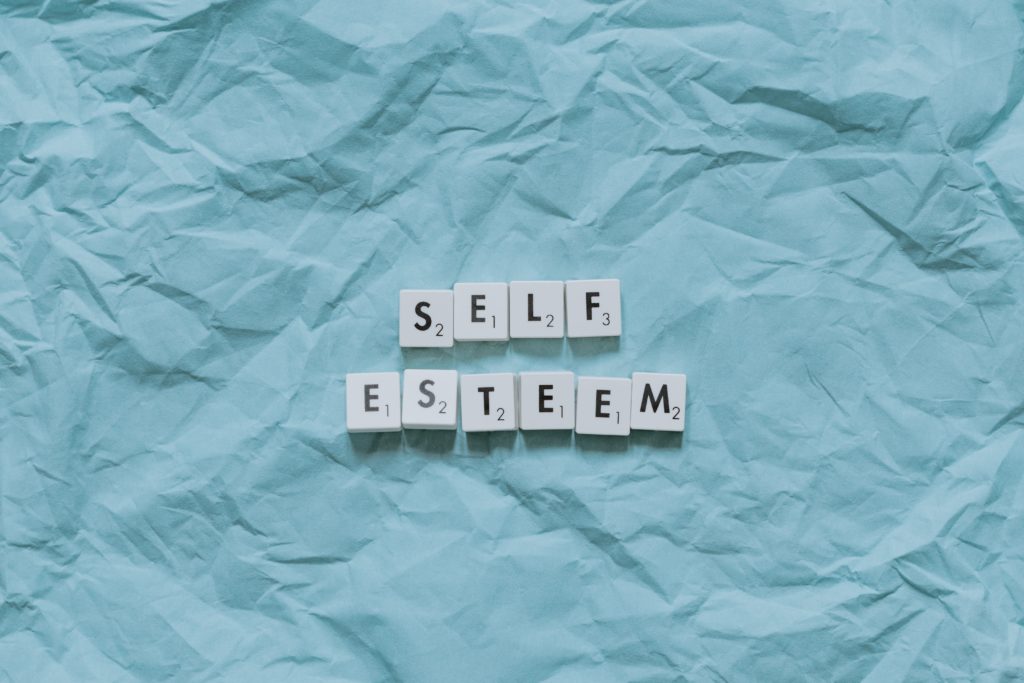Can Being Overconfident Impact Performance?

Confidence is a construct that athletes possess on varying levels. Some days an athlete might feel highly confident, and other days the athlete might struggle to find that confidence. Often, this is due to the situation or environment the athlete is exposed to. An athlete’s perception of their self-confidence levels is a factor that can impact their performance, both positively and negatively. So, can being overconfident impact performance?
So, what is self-confidence? Self-confidence is an individual’s perception that they will successfully perform the desired behavior. The truth is for many athletes, confidence develops from learning experiences. When an athlete tries something and is successful, they will most likely experience a boost of self-confidence. If an athlete tries something and isn’t as successful as they would like, then they most likely would experience decreased self-confidence. Athletes are continually rating themselves on the likelihood of success, which can be rated based on their self-efficacy, self-talk, and feedback from others.
Benefits of Self-Confidence
There are numerous benefits regarding self-confidence and performance. One of the most significant benefits is the positive emotions self-confidence can elicit for an athlete. For example, if an athlete feels strong and in control, especially if they experienced success in a similar situation, they are more likely to experience boosted self-confidence. This enhanced confidence will also carry into their ability to stay focused, motivated and engaged! Finally, feeling confident elicits positive emotions. These positive emotions connect to improved self-talk, enhanced outlook during situations, and high achievement motivation.
Additional benefits of self-confidence include:
- Improved focus and concentration
- Enhanced effort
- Establishing stronger goals
On the other hand, if an athlete experiences negative emotions, such as fear of failure or worry of the unknown, they might be more likely to experience elevated levels of self-doubt and diminished self-confidence. This pattern will continue to develop into negative body language, enhanced anxiety, and overanalyzing movement patterns.
Types of Self-Confidence
There are two types of self-confidence that all athletes possess, which are known as dispositional self-confidence and state self-confidence. Dispositional self-confidence is the level of certainty an individual has regarding the likelihood of succeeding in a particular situation. Another way to think of dispositional self-confidence is to consider the natural confidence levels of the athlete. State self-confidence is an individual’s belief regarding their potential ability to succeed in a particular moment. For example, an athlete’s experiences, exposure, and previous mistakes impact the perception of success in certain situations and environments.
Confidence and Performance
When discussing confidence, it might be assumed that most athletes struggle with low confidence levels. Although this might be true, many might experience extremely high confidence levels. However, both can significantly impact their performance, and it is essential to understand how.
Under Confident Athletes
Athletes who are under confident might need help with several elements during their performance. Some examples include being unable to bounce back from mistakes, performance declines during heightened pressure, performing differently during training sessions and competitions, and experiencing a lack of motivation. For example, an athlete experiencing low levels of self-confidence might experience a lack of trust in themselves, fear of failure, worry about the unknowns they might encounter in an upcoming competition, and issues being able to concentrate and focus on relevant tasks.
Overconfident Athletes
Those that are overconfident might believe that their performance will excel, but that is not always the case. Overconfident athletes might experience the following related to performance and preparation. They could begin to not put in the required work necessary to train efficiently, develop an arrogant mindset, and need more appropriate development and implementation of mental skills training. The aftermath of being overconfident can also result in an athlete losing their momentum in a competition, causing them to fall behind others competing in the same event. When this might occur, an overly confident athlete could have issues taking accountability for their actions and begin to blame external factors for their performance.
So, can an athlete be too confident? The answer is yes. Each athlete has a unique “sweet spot” or confidence level where their performance is at its optimal level (see image below). When an athlete’s confidence is too low, their performance is also low. When an athlete is overconfident, their performance is also low! So helping an athlete regulate their “sweet spot” is very important!
Self-Awareness is Key!
Learning how to regulate self-confidence levels truly comes down to an athlete becoming self-aware. One of the most critical aspects is encouraging athletes to pay attention to their confidence levels so they can learn when it is appropriate to apply coping mechanisms when necessary. By keeping confidence in balance, an athlete will benefit by not only feeling more competent in their performance but also in their abilities to concentrate, stay motivated and speak positively to themselves.

JoAnne Bullard is a Doctor of Sport and Performance Psychology and a Certified Mental Performance Consultant through the Association for Applied Sport Psychology. She is also a Certified Strength and Conditioning Specialist through the National Strength and Conditioning Association.
She serves as a tenured Associate Professor at Rowan University and is the owner of Absolute Fitness, LLC. Her goal is to provide a holistically applied approach for clients through performance psychology consulting. She has experience working with athletes of all ages, including endurance athletes, in individual and group sessions. Her research areas include mindfulness, performance anxiety, goal setting, coping strategies, and mental well-being of athletes.
She has completed five marathons, numerous half-marathons, and is always looking for her next race.








